April 18, 2025 | 16:00 GMT +7
April 18, 2025 | 16:00 GMT +7
Hotline: 0913.378.918
April 18, 2025 | 16:00 GMT +7
Hotline: 0913.378.918
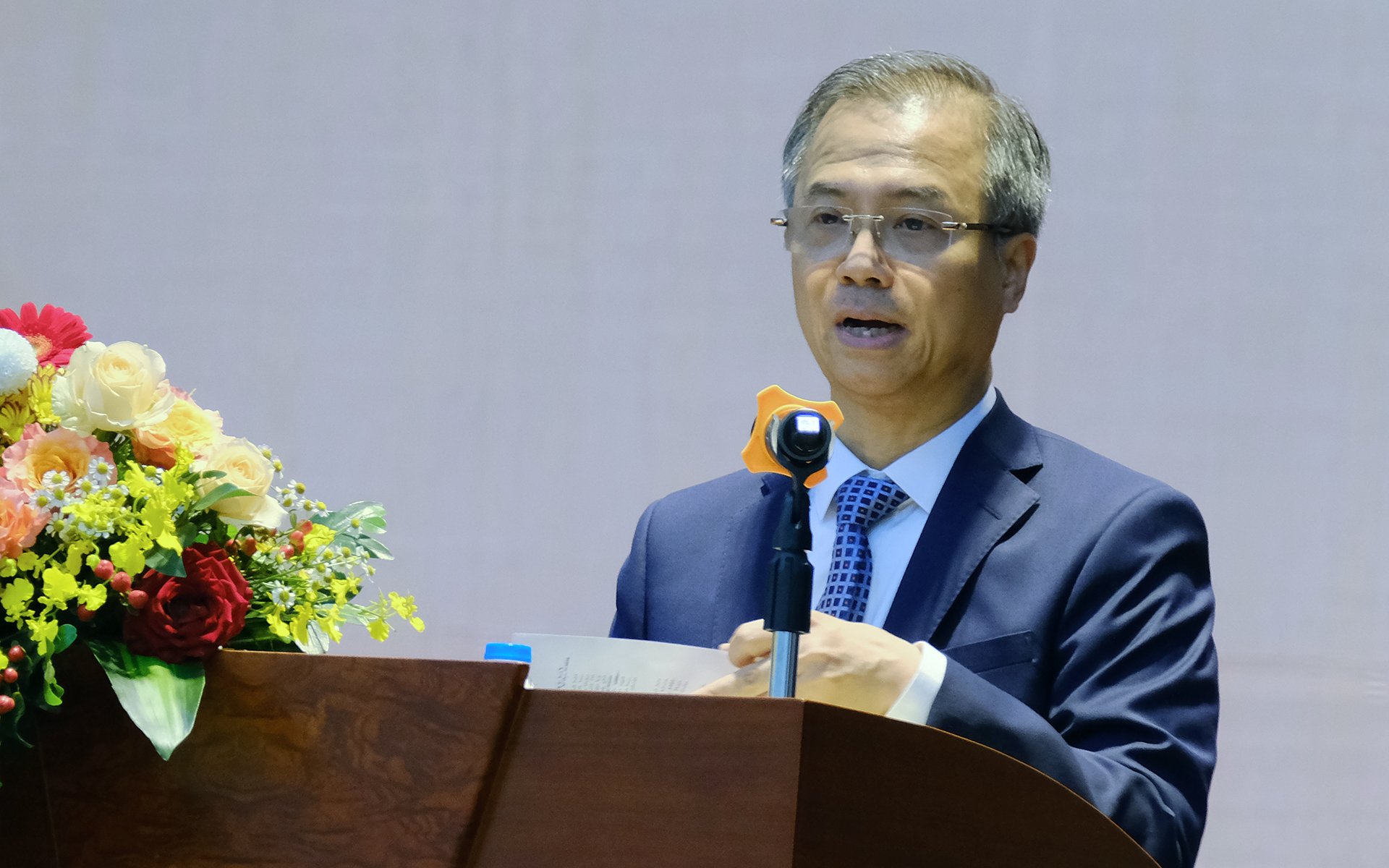
Dr. Dang Xuan Thanh, Vice President of the Vietnam Academy of Social Sciences, gave an opening speech at the workshop on September 8. Photo: Bao Thang.
At the workshop on Vietnam's rural social structure, Associate Professor Dr. Nguyen Duc Vinh, General Director of the Institute of Sociology, stated that Vietnam's rural population has decreased significantly within the last few decades from 76.4 % in 1999 to 62.4% in 2022.
"This level of decline is slower compared to that of many other developed countries. The proportion of rural population also differs by region", Mr. Vinh said.
Namely, the rural population proportions in the Northern Midlands and Mountains, the Central Highlands, and the Mekong Delta are 78.3%, 71%, and 73.3%, respectively. Conversely, the Southeastern region only has a rural population proportion of 33.5%.
The proportion of the skilled rural labor force aged 15 years and older increased by a factor of three, from 5.5% in 2000 to 17.7% in 2022.
Additionally, the employment structure is gradually shifting towards the industrial and service sectors. From 2015 to 2021, the proportion of labor in agriculture, forestry, fisheries, and simple labor in rural areas decreased from 63.7% to nearly 50%. However, this percentage is relatively high compared to the rest of the country, which has decreased from 43.6% to 29.1%.
These changes have resulted in a slow increase in monthly income per capita in rural areas, from 1.8 million VND in 2000 to 3.8 million VND in 2022. This standard of living is subject to influences, especially during the Covid-19 pandemic.
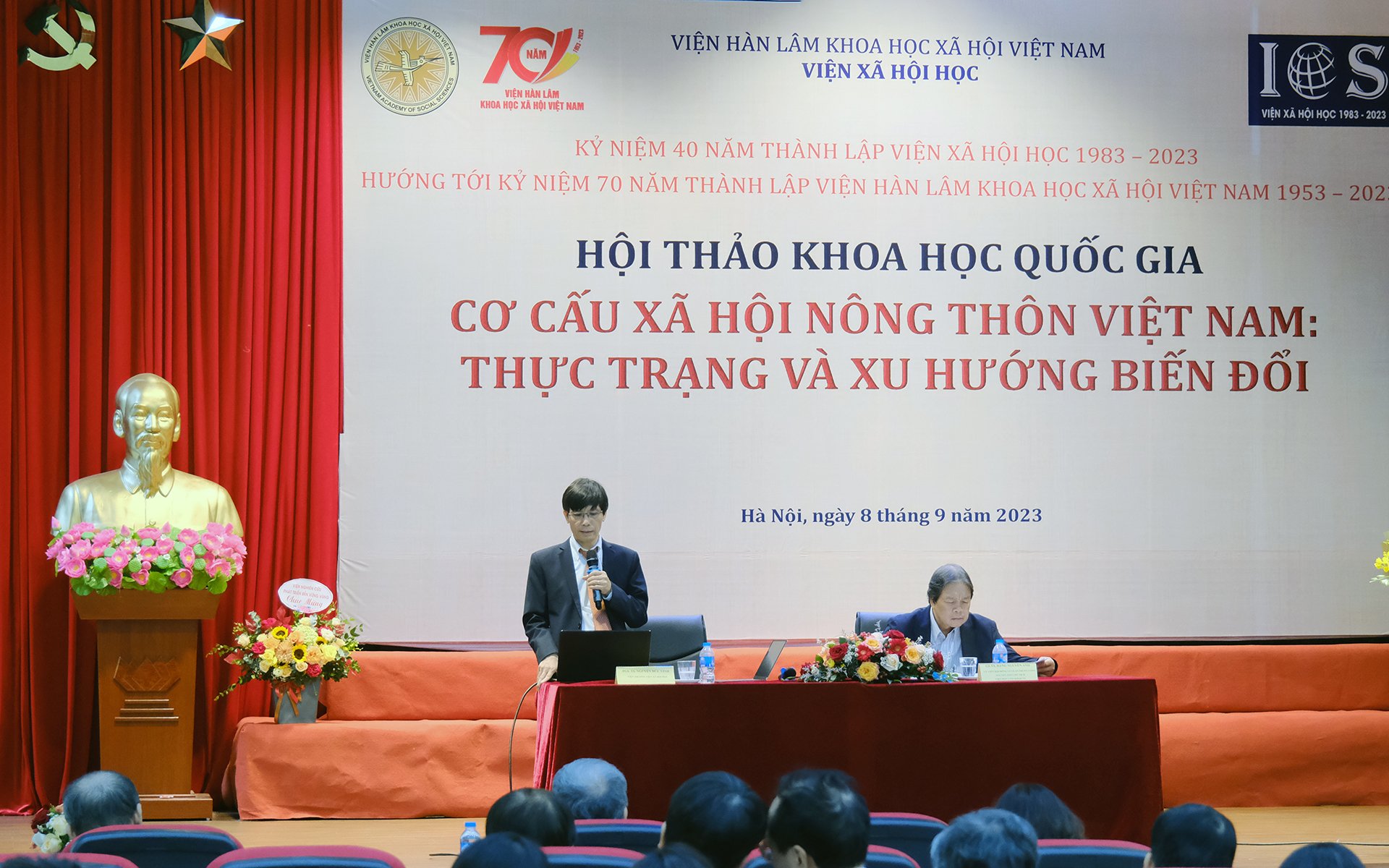
Associate Professor, Dr. Nguyen Duc Vinh, Director of the Institute of Sociology, presented several theoretical and practical issues on rural social structural change. Photo: Bao Thang.
According to Dr. Nguyen Duc Vinh's assessment, rural areas in Vietnam share similarities with many other societies in the early industrialization period. Accordingly, the level of social stratification based on living standards increased rapidly compared to that of urban areas.
This process has resulted in a number of issues related to land and land structure; the dissolution of agricultural cooperatives in the early Doi Moi period; the change from traditional to modern culture, cultural structure, religion, and beliefs; social relationships, community connectivity; traditional social security model based on families, tribes, village communities and so on.
"The transformation of rural social structure is a complex and diverse process, involving both traditional and modern elements. The process is both inevitable and unique", Mr. Vinh commented.
The workshop was held to celebrate the 40th anniversary of the establishment of the Institute of Sociology, and the 70th anniversary of the establishment of the Vietnam Academy of Social Sciences. The event focused on exchanging, discussing and publishing research results on the status and trends of rural social structure change in the context of modernization, urbanization, population aging, and international integration.
The workshop received 18 presentations from 80 delegates regarding the implementation of Resolution No. 19-NQ/TW by the 13th Central Executive Committee on Agriculture, Farmers and Rural areas; evidence and scientific arguments for sustainable rural development strategies and policies.

Dr. Cao Duc Phat, former Minister of Agriculture and Rural Development, emphasized the impacts of the changes in rural social structure on agricultural development. Photo: Bao Thang.
Dr. Cao Duc Phat, former Minister of Agriculture and Rural Development, acknowledged that changes in rural social structure have significantly affected agricultural development, especially in the post-Doi Moi period.
According to Mr. Phat, cooperative-owned land has been assigned to farmers for self-production since 1993. Households became the main producers in agriculture and rural areas. In addition, State-owned agricultural and forestry farms reviewed and narrowed the scope of land management, established contracts for perennial orchards and land for agricultural labor, and equitized. On the other hand, large-scale production farming households emerged in addition to the rapidly growing number of private and foreign-invested businesses.
"Several production chains have been formed between farmers and businesses in rural areas. Farmers have established close linkages in various industries including the processing of sugar cane, dairy, and livestock", Mr. Phat added.
Mr. Phat believes that there is a clear division between farmers and businesses. Households dominate in sectors that require extensive manual labor, such as farming. Conversely, businesses specialize in mechanized and automated fields with a focus on livestock, poultry, and aquaculture.

Foreigners in the field in the outskirts of Hoi An.
Additionally, agricultural workers are slowly gravitating towards non-agricultural jobs or migrating to urban areas. Consequently, the workforce in rural areas is aging rapidly.
"Agriculture thrived in the early stages of the Doi Moi period. Vietnam focused on developing food production, especially rice. Rice production met the needs of domestic consumption in 1990 and there was a surplus for export. As a result, rice production continued to grow as one of the country's main strengths thanks to increased productivity", he stressed.
Regarding changes in the rural social structure, Mr. Phat emphasized that the policies that dictate land as a main means of production have a strong impact on rural society and agricultural development. Consequently, they are the basis for the formation of social classes. "Changes in land policies will impact the social structure as well as the dynamics of agricultural development," Mr. Phat analyzed.
According to Mr. Phat, smallholder farms are a vulnerable group to objective factors. Mr. Phat encouraged all levels of the government and sectors to smallholder farms in their growth and contribution to the development of the country.
"Despite their challenges, smallholder farms can be effective with the help of resources in combination with modern science and technology and new technology. With sufficient support, they are capable of forming a new social structure in rural areas where impoverished people are given the opportunity to be independent in production and business with enhanced social status", Mr. Phat concluded.
The workshop on "Vietnam's rural social structure: current status and trends" was conducted in three sessions. The first session focused on general issues, providing an overview of rural social structure with a focus on land structure and the impact of their changes on agriculture. Additionally, the first session analyzed and assessed the satisfaction level of rural residents regarding economic life, labor and employment, culture, social security, environment, security and order, etc.
The second session saw the discussion of the labor and employment structure, which revolves around the relationship between land and occupation, the dynamics of change in occupation and employment in rural areas in the current context of modernization, industrialization, migration and international integration.
The third session identified community organizations and community connectivity in rural areas, examined changes in the marital life of rural Vietnamese residents, and assessed living conditions and social security in modern rural households.
Translated by Nguyen Hai Long
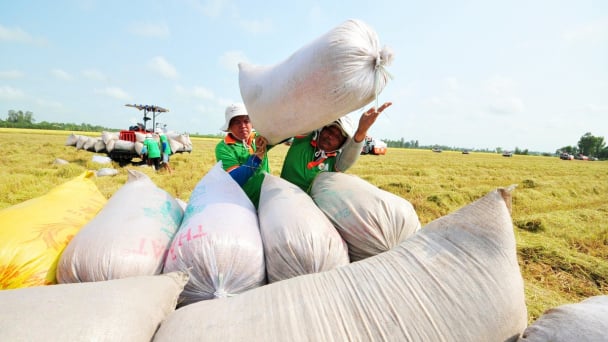
(VAN) The rice industry in the Mekong Delta is undergoing a major transformation, shifting toward sustainable, high-quality, and low-emission exports to meet the green and clean standards increasingly demanded by international markets.
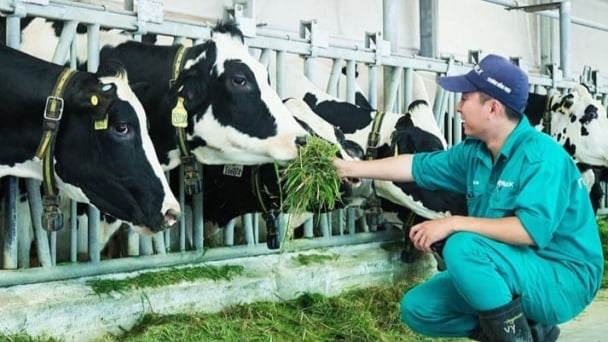
(VAN) According to Tong Xuan Chinh, Deputy Director of the Department of Livestock Production and Animal Health, Vietnam’s dairy cattle industry must overcome seven major challenges to achieve sustainable development.
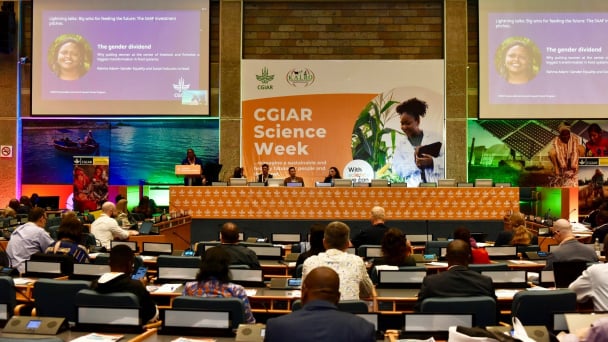
(VAN) The CGIAR’s Sustainable Animal and Aquatic Foods (SAAF) program represents a new approach that emphasizes the transformation of food systems toward sustainability.
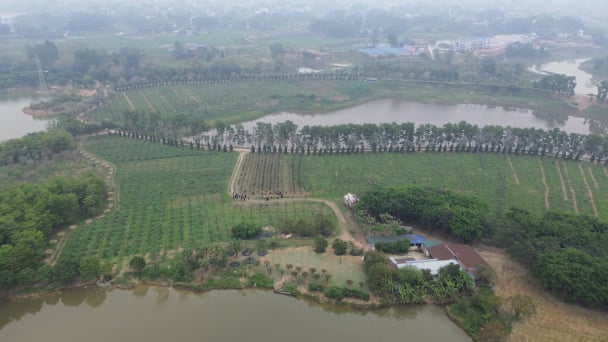
(VAN) Scientists assume that industrial agriculture has been 'outdated.' As a result, a comprehensive overhaul or a revolution in the direction of embracing ecological agriculture is needed.
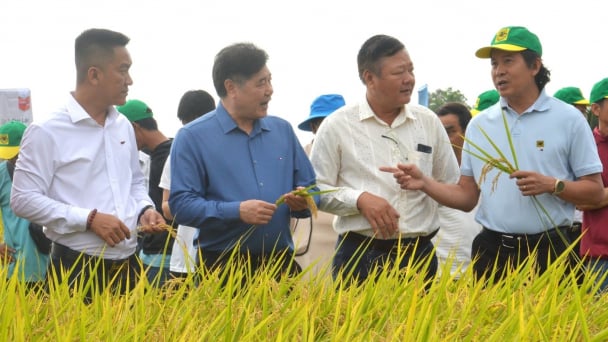
(VAN) The results from pilot fields are catalyzing the expansion of the One million hectares of high-quality, low-emission rice project in Kien Giang.
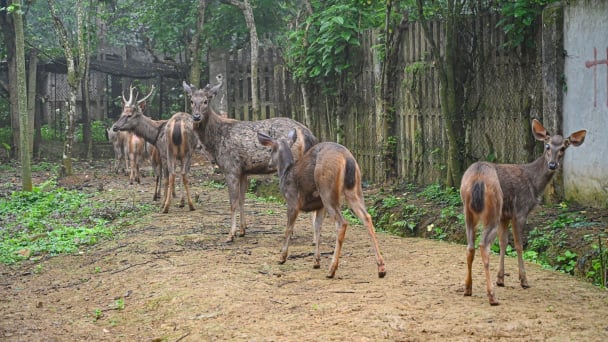
(VAN) On the morning of April 11, Cuc Phuong National Park received 18 individuals of endangered and rare wild animals from Da Nang city.
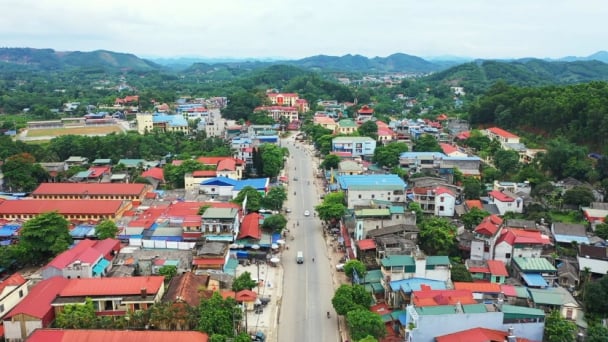
(VAN) FAO supports Vietnam in enhancing survey sampling techniques for the 2025 nationwide agricultural and rural census.